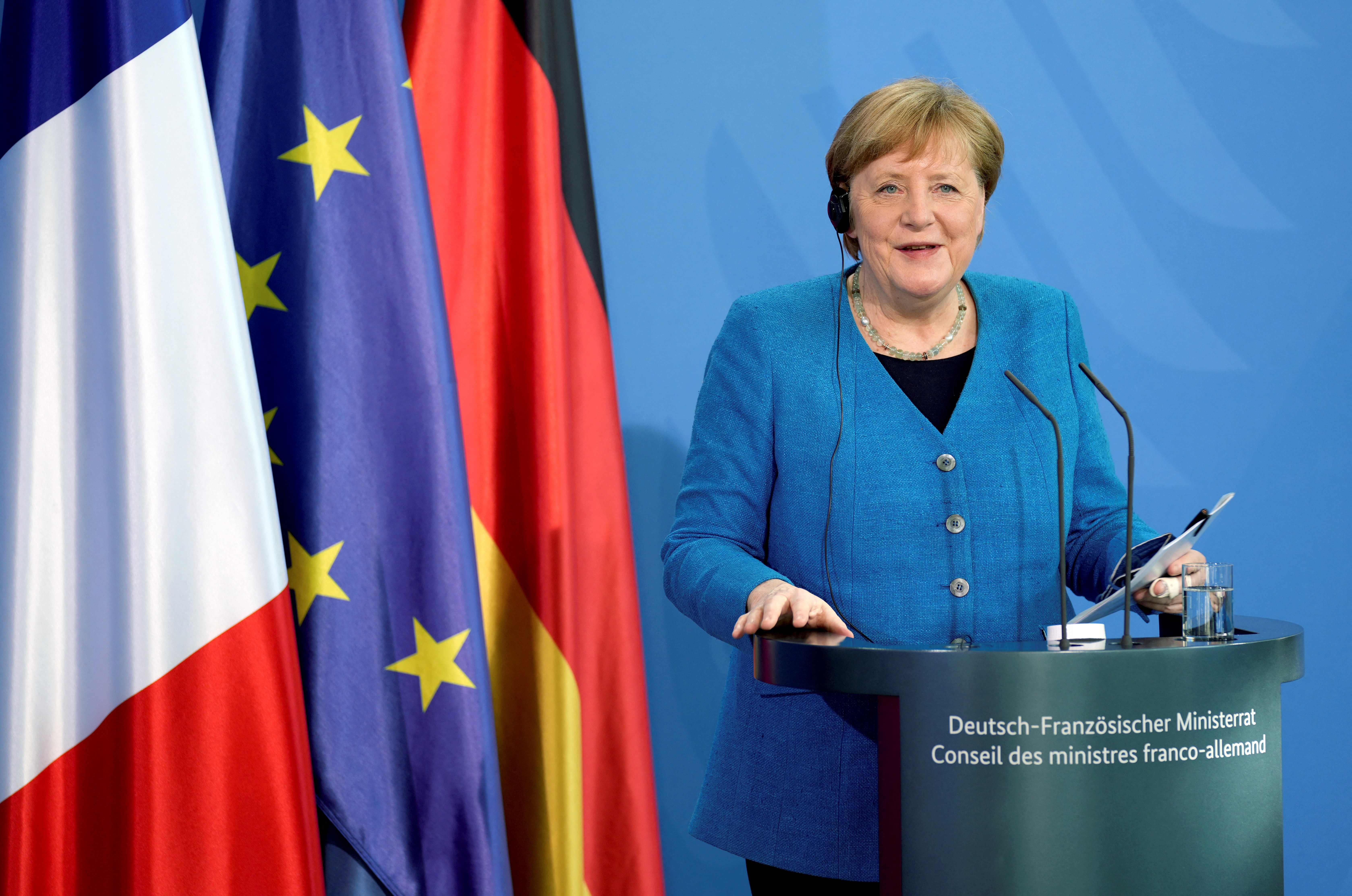US and Denmark face questions over claims of they spied on top European politicians
French President Macron said “this is not acceptable between allies, very clearly”

Your support helps us to tell the story
From reproductive rights to climate change to Big Tech, The Independent is on the ground when the story is developing. Whether it's investigating the financials of Elon Musk's pro-Trump PAC or producing our latest documentary, 'The A Word', which shines a light on the American women fighting for reproductive rights, we know how important it is to parse out the facts from the messaging.
At such a critical moment in US history, we need reporters on the ground. Your donation allows us to keep sending journalists to speak to both sides of the story.
The Independent is trusted by Americans across the entire political spectrum. And unlike many other quality news outlets, we choose not to lock Americans out of our reporting and analysis with paywalls. We believe quality journalism should be available to everyone, paid for by those who can afford it.
Your support makes all the difference.European countries are demanding answers from Denmark and US after allegations the two countries worked together to spy on politicians, including German Chancellor Angela Merkel, more than seven years ago.
Danish broadcaster DR said Sunday that the Danish Defense Intelligence Service (FE) conducted an internal investigation in 2014 into whether the US National Security Agency (NSA) had used its cooperation with the Danes to spy against neighbouring countries.
The probe concluded that the NSA had eavesdropped on political leaders and officials in Germany, France, Sweden and Norway.
After speaking with Ms Merkel, French president Emmanuel Macron said: "If the news is correct (...) this is not acceptable between allies, very clearly.
"I'm attached to the relation of trust" between Europe and the United States, he told reporters. "There's no room between us for suspicion."
Mr Macron urged for the US to make "full clarity" on the "past facts," but also on "current practices."
Danish lawmaker Karsten Hoenge of the left-leaning Socialist People's Party, said Monday that he would quiz the Scandinavian country's defence and justice ministers in parliament about the case.
"The government must explain how come Denmark has been acting as a willing tool for a US intelligence service, and what it will mean for cooperation with Denmark's neighbouring countries," he said.
According to DR, the alleged set-up between the United States and Denmark was codenamed "Operation Dunhammer." It reportedly allowed the NSA to obtain data by using the telephone numbers of politicians as search parameters.
DR said its report was based on interviews with nine unnamed sources, all of whom were said to have had access to classified information held by the FE. The military agency allegedly helped the NSA from 2012 to 2014.
Speaking at the same virtual news conference after bilateral talks Monday between Paris and Berlin, Ms Merkel said the issue of NSA eavesdropping had already been discussed previously with the United States.
At the time Germany had made clear at the time its position that "spying among friends" wasn't acceptable.
Ms Merkel added: "What was true then is true today as well. I'm reassured that Denmark, the Danish government and the defense minister have said very clearly what they think of these matters.
"As such, I see a good basis, aside from clearing up this matter, to also achieve truly trustful relations."
Reports in 2013 that the NSA listened in on German government phones, including Ms Merkel's, prompted a diplomatic spat between Berlin and Washington that soured otherwise good relations with President Barack Obama's administration.
Still, there were also reports that Germany's own BND intelligence agency may have helped the U.S. spy on European companies and officials.
Former NSA contractor Edward Snowden, who revealed details of the secret US eavesdropping programs in 2013, reacted to the DR report with a sarcastic tweet in Danish: "Oh, why didn't anyone warn us?"
In a written comment to DR, Danish Defense Minister Trine Bramsen said the government cannot discuss intelligence matters.
She added the present government has "the same point of view " as the former Social Democratic government led by Helle Thorning-Schmidt who was in power during that period which is that "the systematic wiretapping of close allies is unacceptable."
Additional reporting by AP
Join our commenting forum
Join thought-provoking conversations, follow other Independent readers and see their replies
Comments